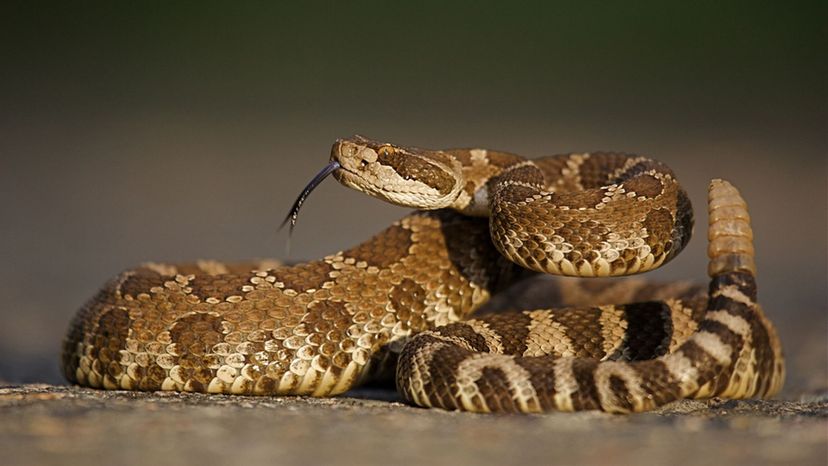
About This Quiz
Walking through the woods, jungle, swamps or desert? This quiz could save your life. Or at least keep you from panicking if you get bit by a look-alike venomous snake. It has been estimated that in the United States alone 7,000 to 8,000 people per year report bites from venomous snakes. Fortunately, with prompt medical care readily available in the U.S, only five of those people may die. However, if you're on the road less traveled and hiking through the Andean region of South America, Southeast Asia or sub-Saharan Africa, you'll want to memorize this quiz. Take it now and find out if you're better than 50 out of 55 people who can't identify these venomous snakes.
There is a morbid fascination many of us have with assassin snakes. Did you see the movie, "Snakes on a Plane†with Samuel L. Jackson? Or the dozens of other killer-snake movies such as "Tremors," "Slither" or "Anaconda� One creepy, crawly venomous snake is all you need to keep awake at night. But if you're a herpetologist or a snake enthusiast, you may outshine the others by sssssscoring high on this Snake Trivia Quiz. Find out. Take it now!
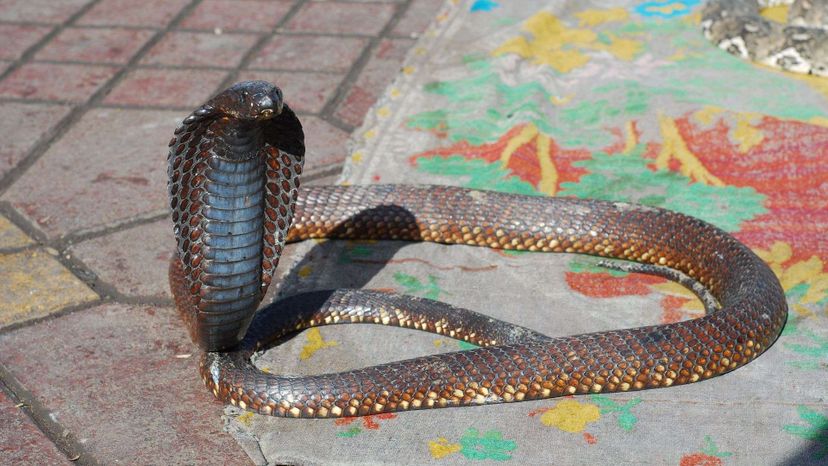
The Egyptian Cobra, also referred to as Cleopatra's Asp, is rumored to have gotten its name after Cleopatra committed suicide with the venom of the Egyptian Cobra. She most likely chose this snake because it has unusually quick-acting, deadly venom.
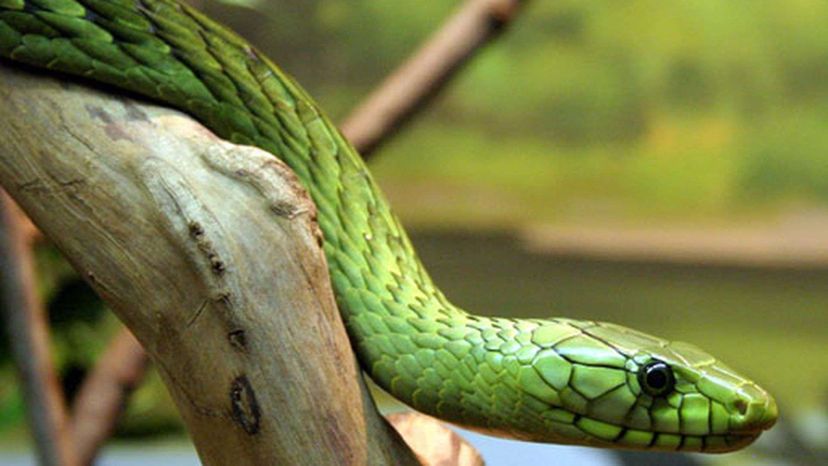
The Western Green Mamba is native to West Africa. It lives in tropical and woody areas. The toxicity of its venom can vary tremendously, depending on where it lives and what it eats.
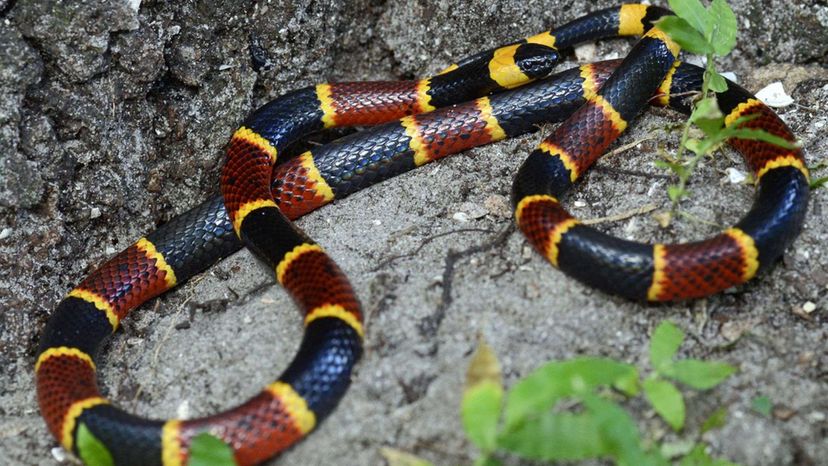
Infant Coral Snakes hatch from eggs laid by the female snake. Coral Snakes do not give birth to live young like many of the other North American venomous snakes. At birth, Coral Snakes are 7 inches long and are already at their full venomous potential.
Advertisement
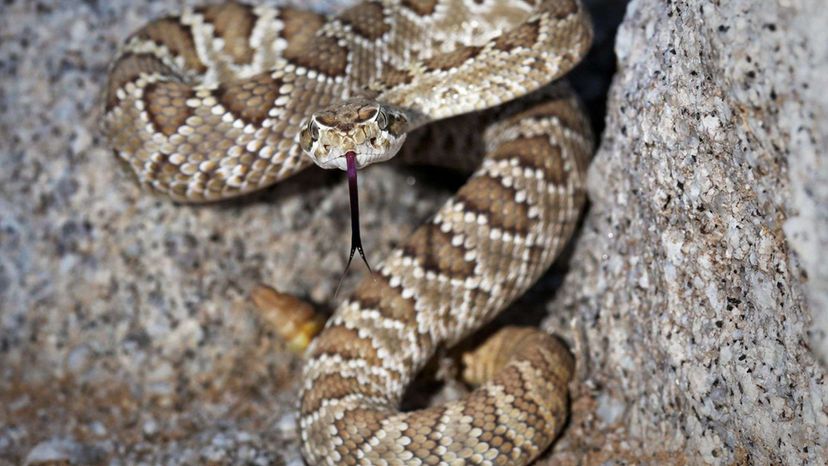
The Mojave Rattlesnake tends to be aggressive towards humans, especially if disturbed or harassed. Predators like the California Kingsnake and roadrunners are quick to kill and eat the Mojave Rattlesnake.
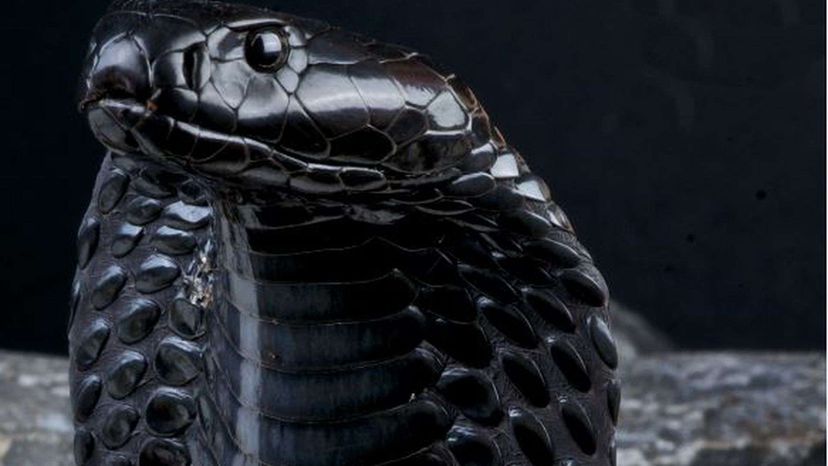
The Black-Necked Spitting Cobra doesn't always have a black neck. Sometimes it can be pure copper or olive-brown, and sometimes it can have black and white stripes. It is a very adaptable snake that can thrive in different environments.
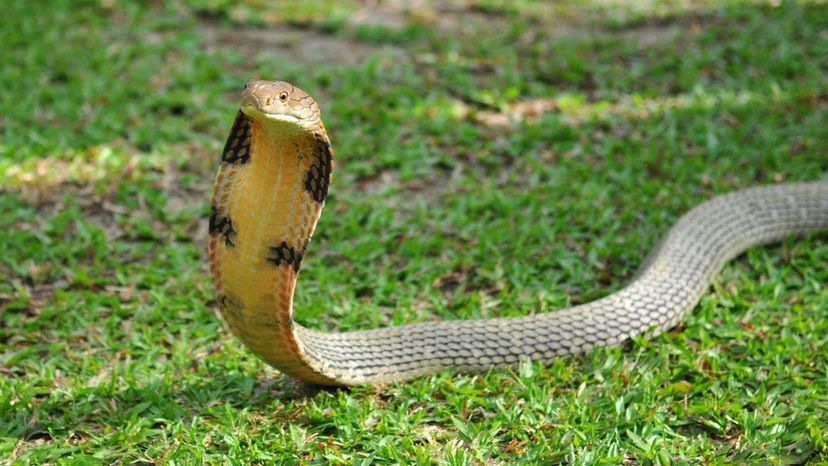
The King Cobra is the longest venomous snake in the world, capable of reaching a length of 20 feet. It feeds almost exclusively on other snakes, though it is known to eat rodents and lizards as well.
Advertisement
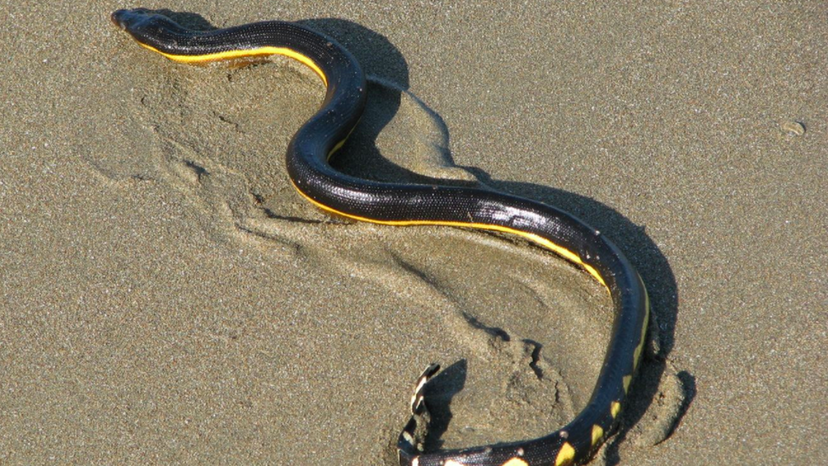
Found in the warm waters of the Pacific and Indian oceans, the Yellow-bellied Sea Snake consumes only fish. Females are much larger than males for this particular breed.
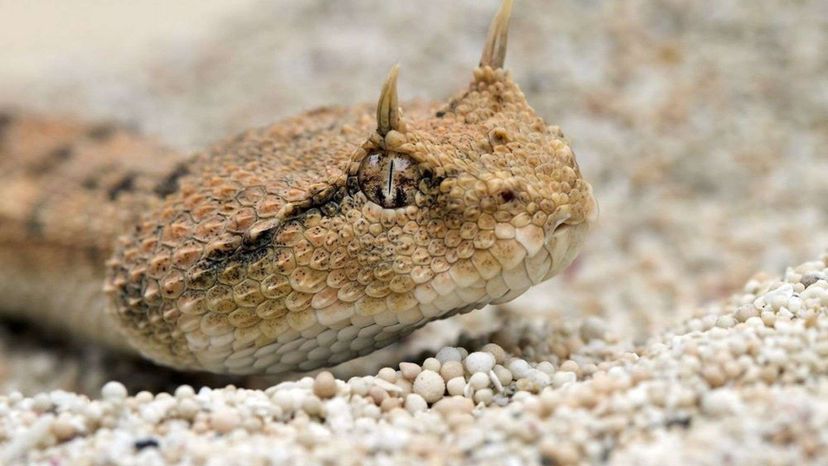
Horned Vipers are ecologically important because they keep a number of rodents under control. They are a smaller snake variety, size maxing around 2 feet. Despite their small size, they can survive 14 to 18 years in the wild!
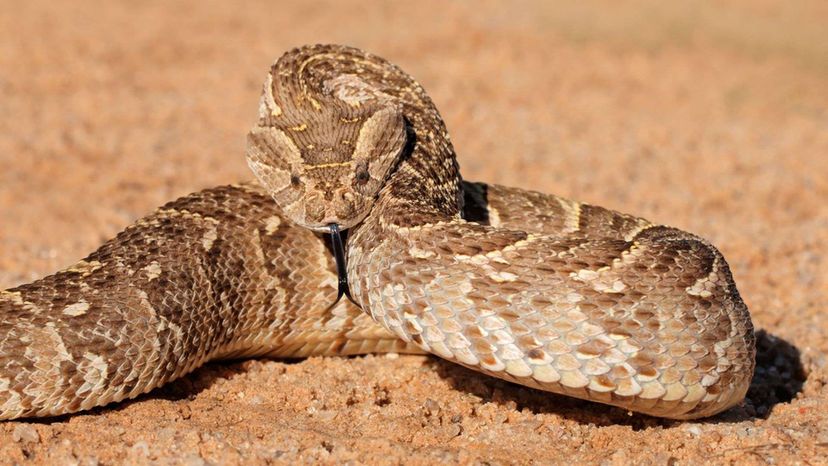
When disturbed, this snake will coil into a defensive S-shaped posture and hiss loudly, hence its common name, Puff Adder. This sound is a warning signal, which probably shouldn't be ignored.
Advertisement
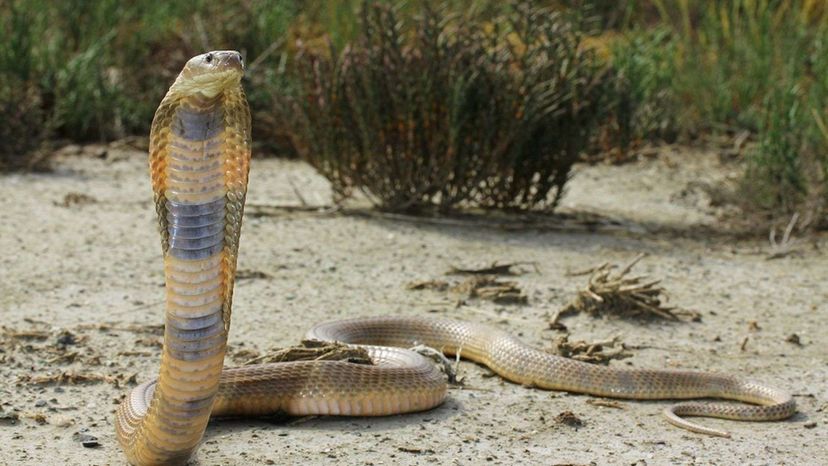
Caspian Cobras are generally aggressive and bad-tempered, starting from a young age. They are great climbers and swimmers, especially when going after their prey.
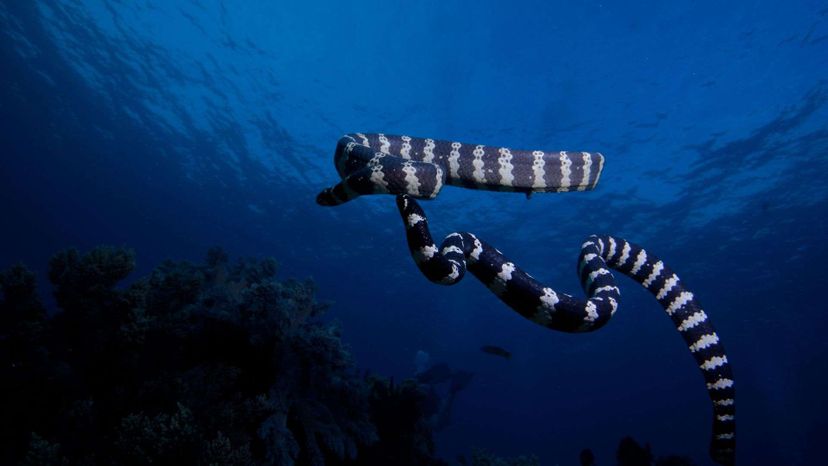
Similar to land snakes, the Black-Banded Sea Krait has scales, a forked tongue, and lidless eyes-and it breathes air. Because it spends the majority of its time underwater, it differs from land snakes, however, having a short, flattened tail that propels it quickly when swimming.
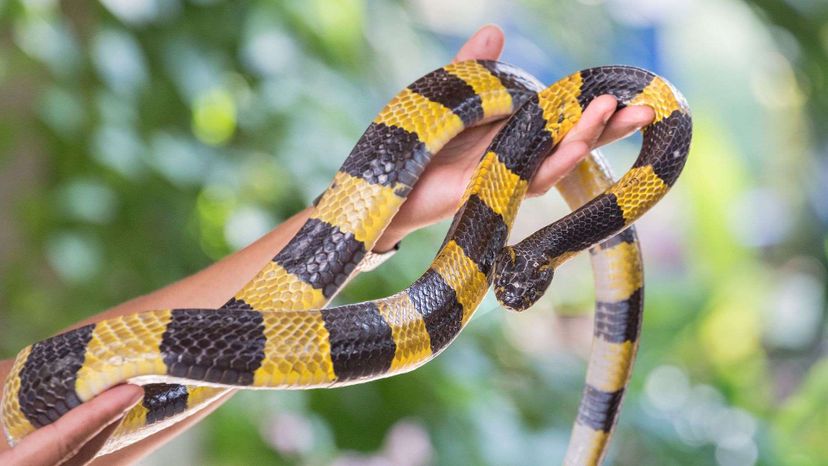
The Banded Krait is not known to bite during the daytime. During night, however, it can be very vicious. The venom from one bite is enough to kill two dozen fully grown men!
Advertisement
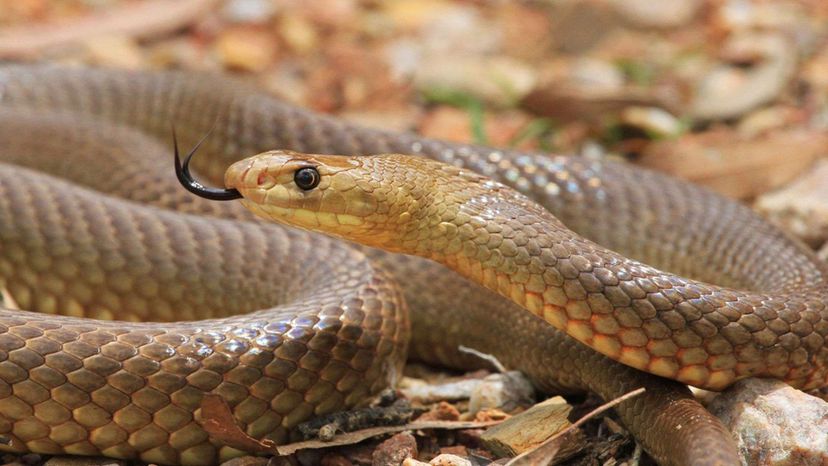
Western Brown Snakes that are kept in captivity can change the color of their skin depending on the season. Males are far more common in this variety.
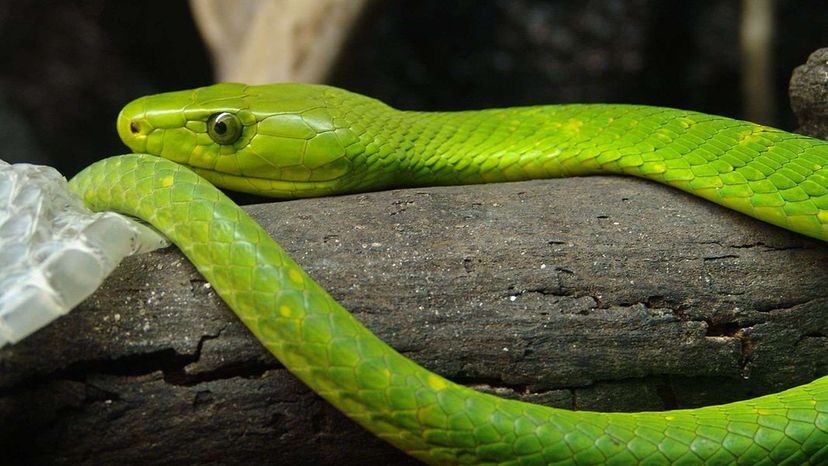
Juvenile Eastern Green Mambas are blueish-green. They attain their brighter green coloration in successive skin shedding, progressing from the front to the back of the body.
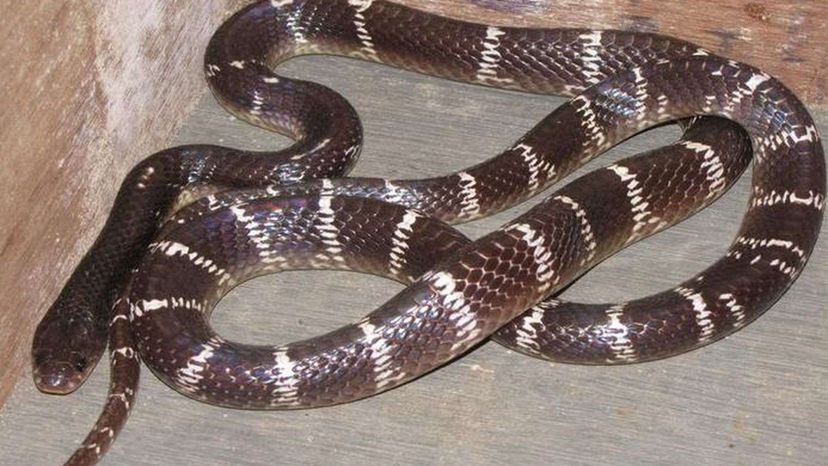
The Indian Krait, or Common Krait, is India's most feared and most venomous snake. Attacks on humans have been widely reported, with a mortality rate of 7 percent. This makes the Indian Krait one of the "big four" species.
Advertisement
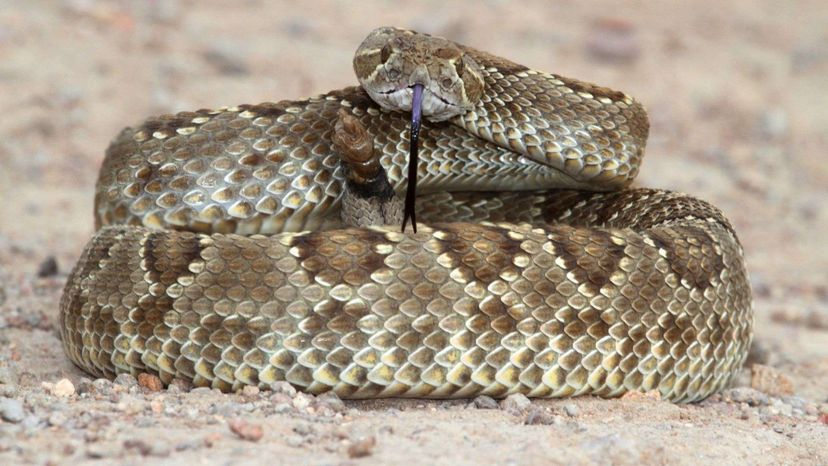
The Mojave Rattlesnake has the most potent venom of any rattlesnake in North America. Its venom is about 16 times more toxic than that of the Sidewinder and surpasses even that of the Tiger Rattlesnake. It can be particularly aggressive to humans and is quick to defend itself if disturbed.
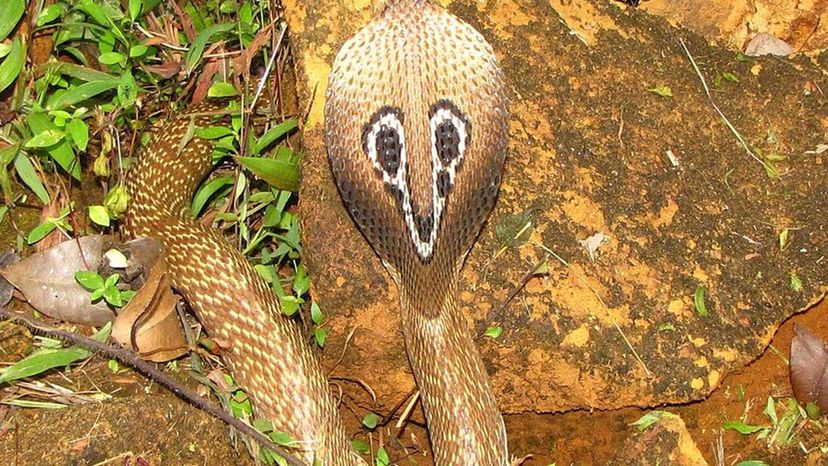
Spectacled Cobras can live up to 20 years! They can be found anywhere with an excess of rats to feast on, so they can easily hunt their prey.
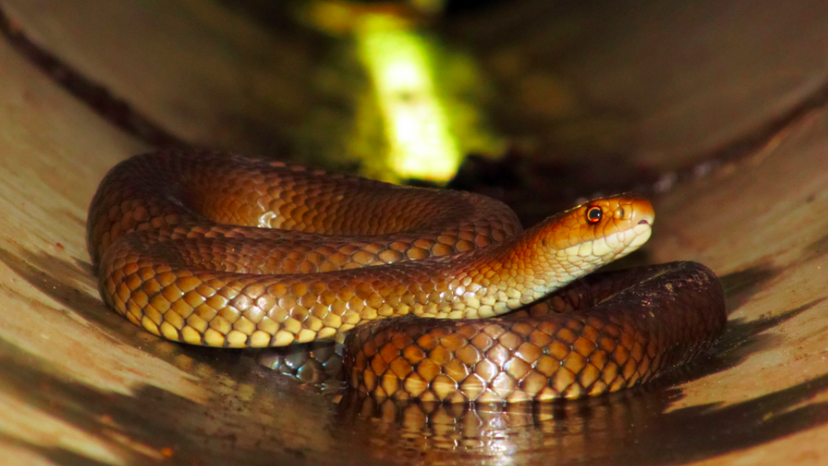
The Eastern Brown Snake produces venom known to cause diarrhea, dizziness, convulsions, renal failure, paralysis and cardiac arrest. If you don't receive medical treatment in time, bites can be fatal.
Advertisement
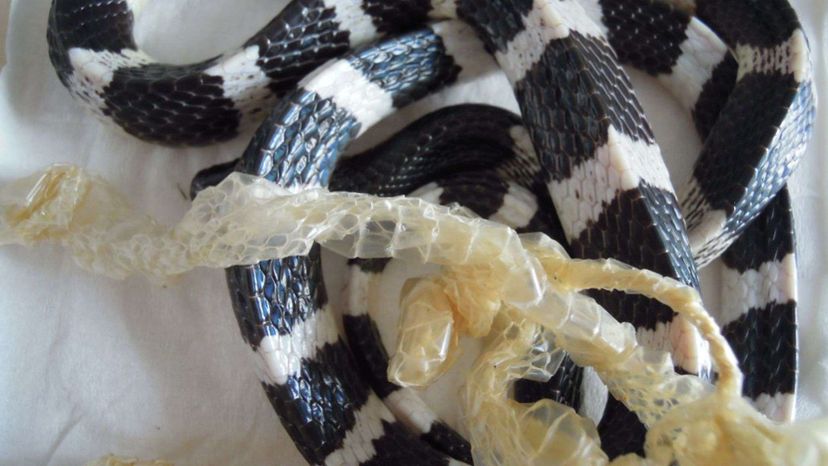
The Taiwanese/Many-banded Krait is a nocturnal snake, found throughout China and Southeast Asia. They tend to be defensive when it is dark; however, they are generally a timid and placid species. In the daytime, they hide under stones or in holes. Hibernation occurs November through April.
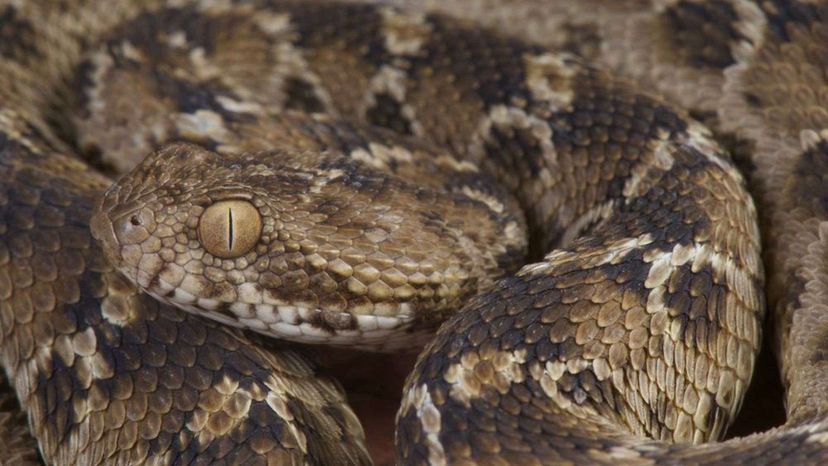
Though small in size, the Sindh Saw-Scaled Viper is a dangerous snake with an aggressive temperament. It is distinguished by a prominent, dark brown, arrow-shaped marking on the head and is covered in small, heavily keeled scales. It lives in hot, dry regions in sandy, rocky or gravel habitats with sparse and scrubby vegetation.
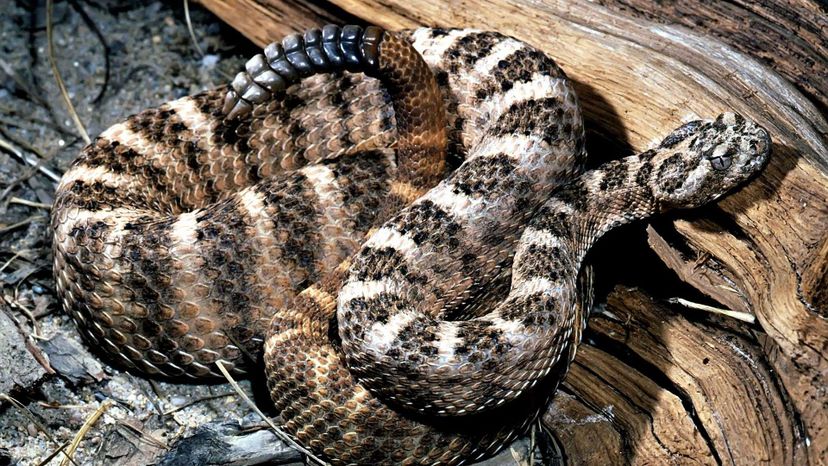
The intriguing look of a Tiger Rattlesnake comes from colors varying from bluish-gray to lavender, or even buff-colored. Their sides and underbelly can be orange, pink or cream in color.
Advertisement
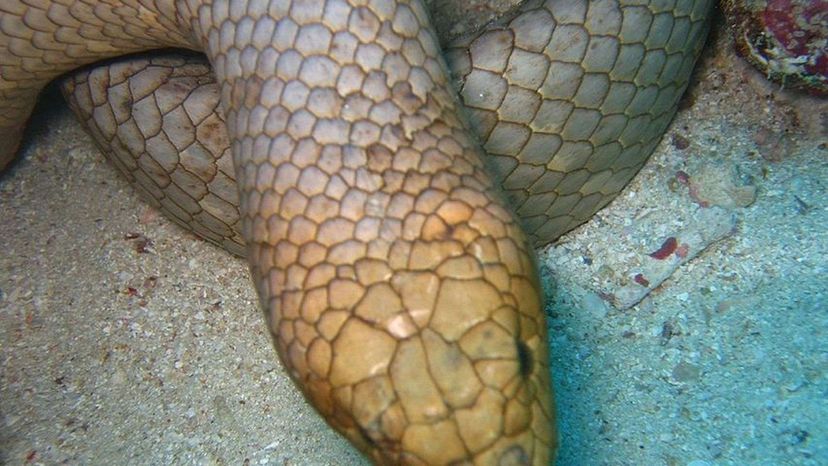
The Olive Brown Sea Snake looks like a big worm, with its head blending into its body. Its skin is smooth, hence its scientific name, laevis, which is derived from the Latin word for "smooth."
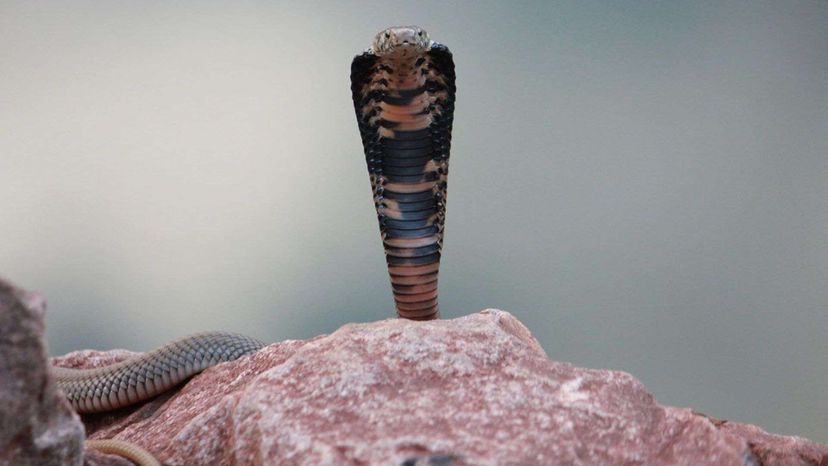
The Mozambique Spitting Cobra has a fierce bite. Their venom is predominately cytotoxic, causing serious tissue damage. It also causes neurotoxic effects, like breathing issues or drowsiness.
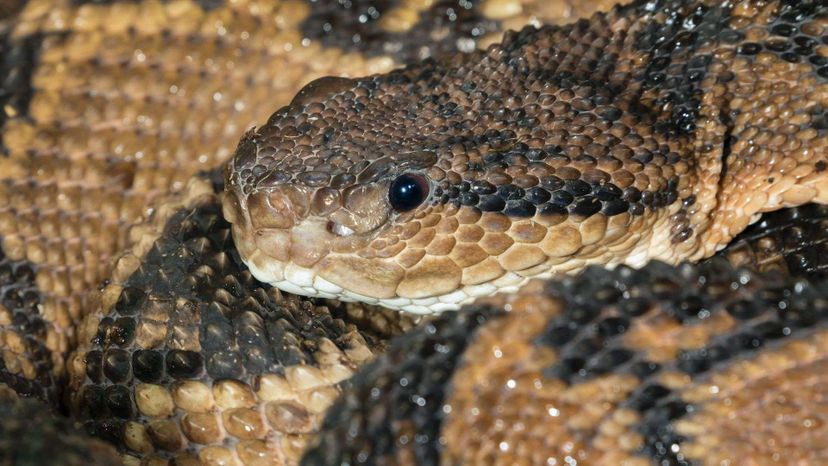
The fierce South American Bushmaster can grow over 12 feet, making it the longest venomous snake in America. It is also the second-longest venomous snake in the world, after the King Cobra.
Advertisement
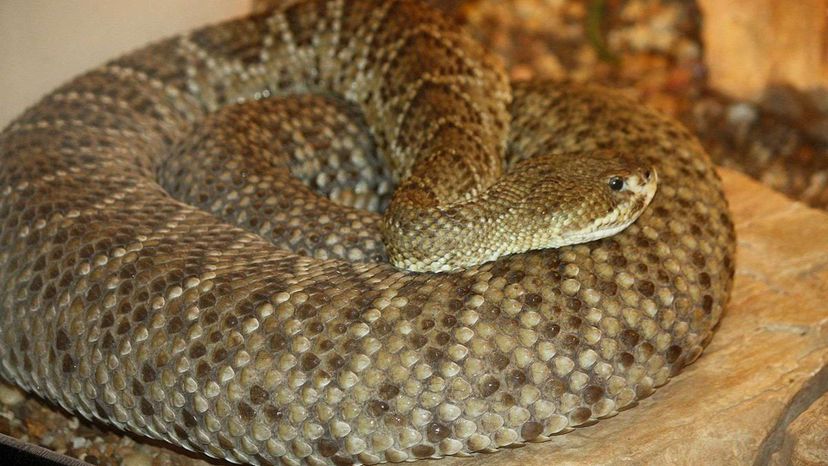
Also known as the Mexican Green Rattler or the Mexican West Coast Green Rattlesnake, the Mexican West Coast Rattlesnake lives in treeless areas of Mexico and can be fairly easily tamed to live in zoos. It is born mostly red but can change color as an adult.
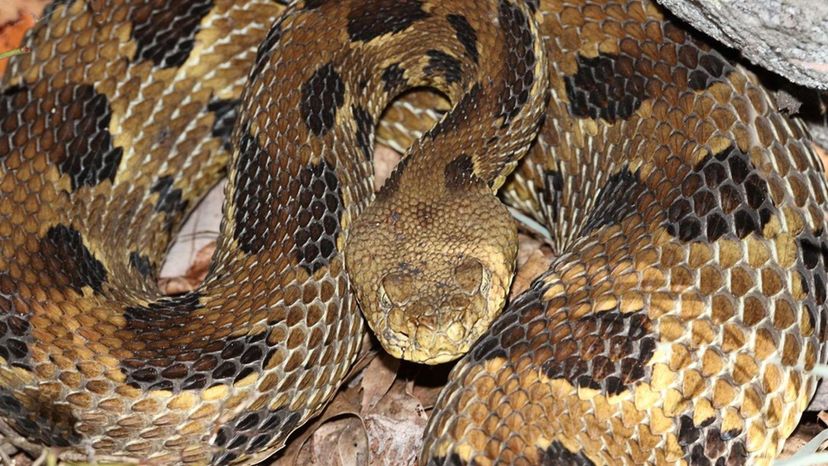
The Timber Rattlesnake does not lay eggs like other pit vipers. Their eggs are kept inside the female's body until they hatch.The average litter consists of between 5 to 20.
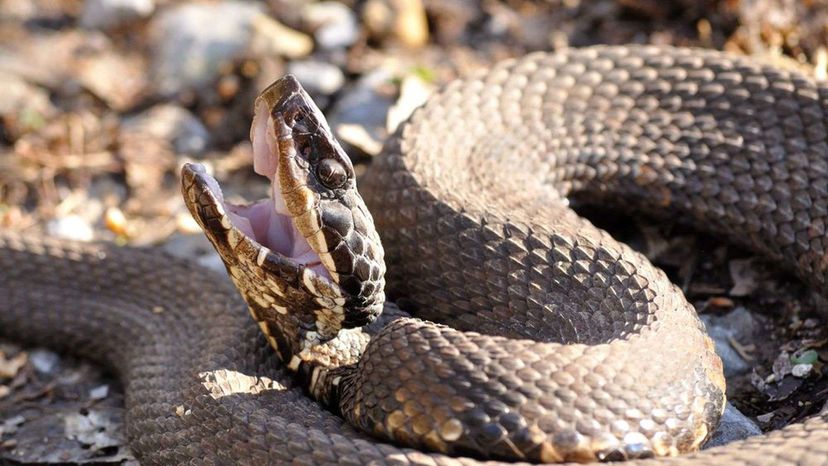
Like all pit vipers, the Cottonmouth Snake has two heat sensing pits, located between the eyes and the nostrils. These pits allow the snake to pinpoint live prey and to strike without needing to physically see them. This hunting adaptation is particularly useful after dark, when most animals' bodies are warmer than the air around them.
Advertisement
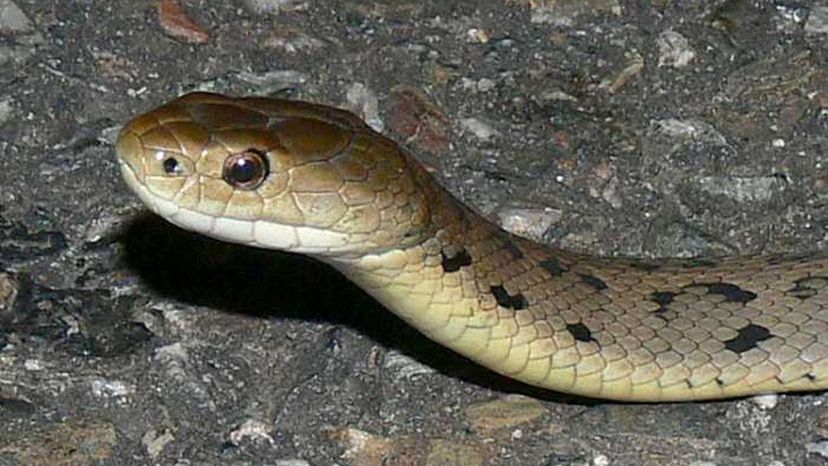
The Clarence River Snake is found in isolated pockets of Coastal Queensland and Northern New South Wales. A diurnal snake, it is often seen during the day, feeding on frogs, small reptiles and mammals.
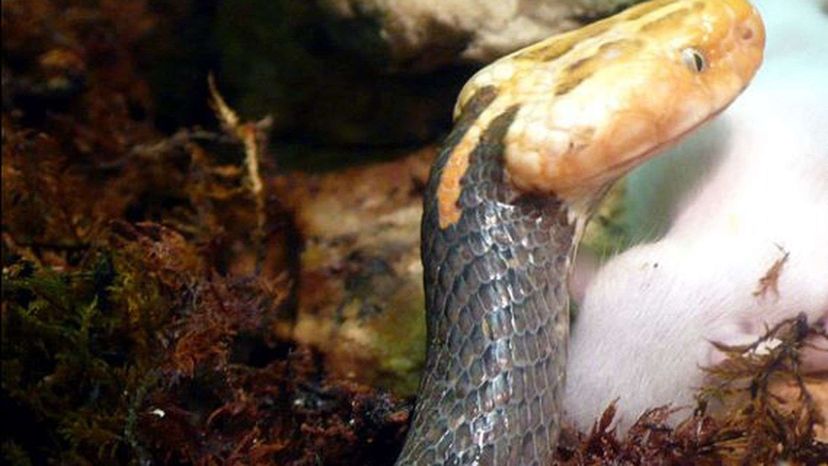
Considered the most primitive of vipers, the Fea's Viper inhabits Myanmar, southeastern Tibet, southern China, and northern Vietnam. It has shorter fangs than those of other subfamilies and a somewhat flattened head.
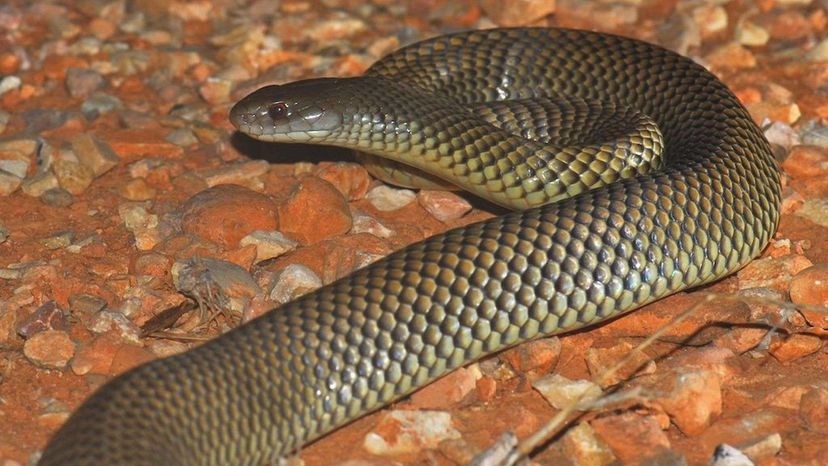
Even though the Mulga Snake tolerates venom of many other poisonous snakes, it dies after close contact with the poisonous cane toad. This type of toad is responsible for a drastic decline in the number of Mulga Snakes in the northern parts of Australia.
Advertisement
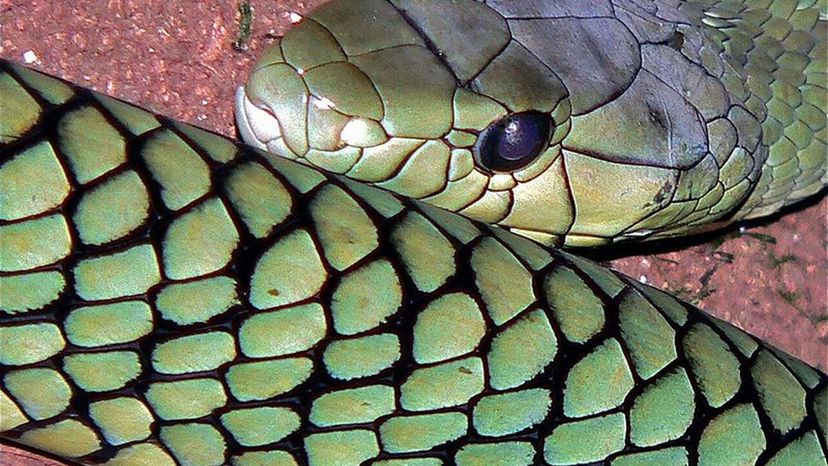
The Jameson's Mamba is highly arboreal, more so than any other mamba species, and descends to the ground only in pursuit of prey. Like other mamba species, it is diurnal and prefers to flee from danger.
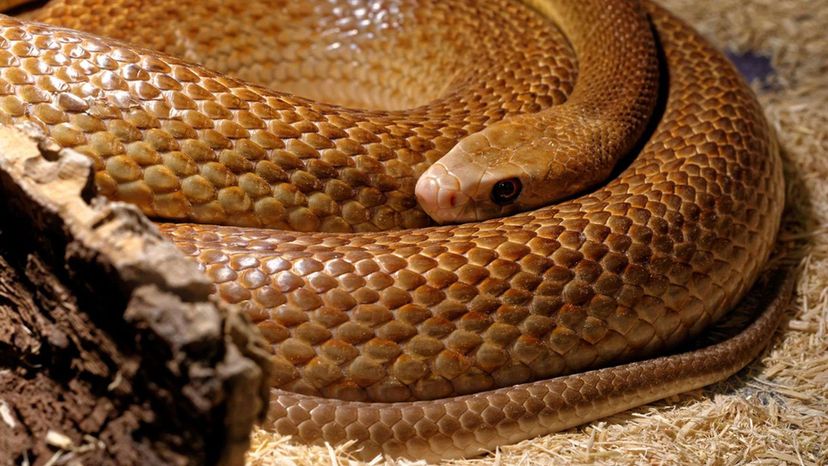
The Coastal Taipan belongs to the Elapidae family. They use abandoned animal burrows, hollow logs and piles of vegetation and litter as shelter.
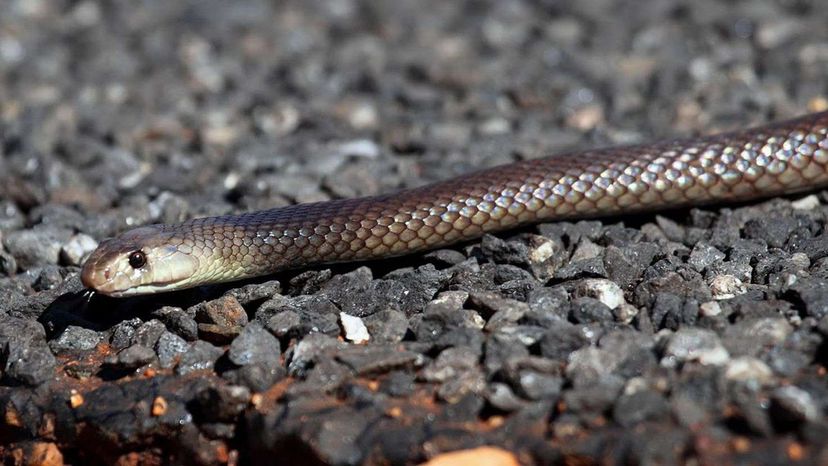
Brown Snakes are sometimes referred to as "city snakes,†because they tend to populate residential areas. They can live in a variety of habitats, thus making them very abundant.
Advertisement
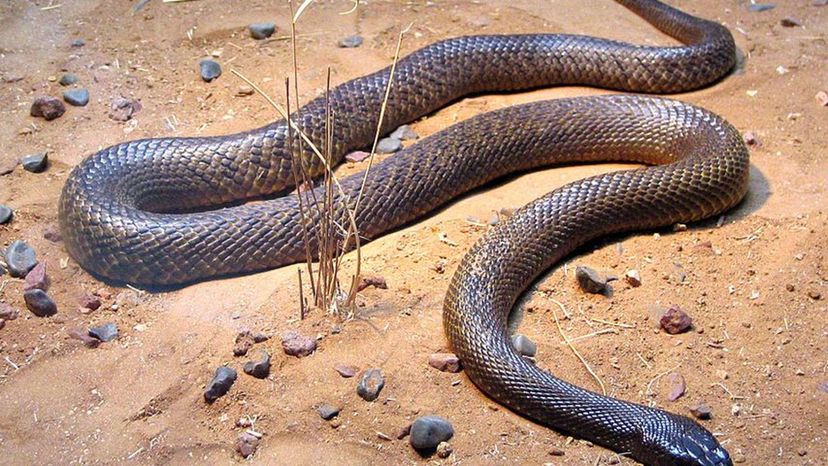
The Inland Taipan, or Oxyuranus microlepidotus, is claimed to be the most venomous snake in the world. It resides in semi-arid regions of central east Australia and is protected by law, just like many other snake varieties.
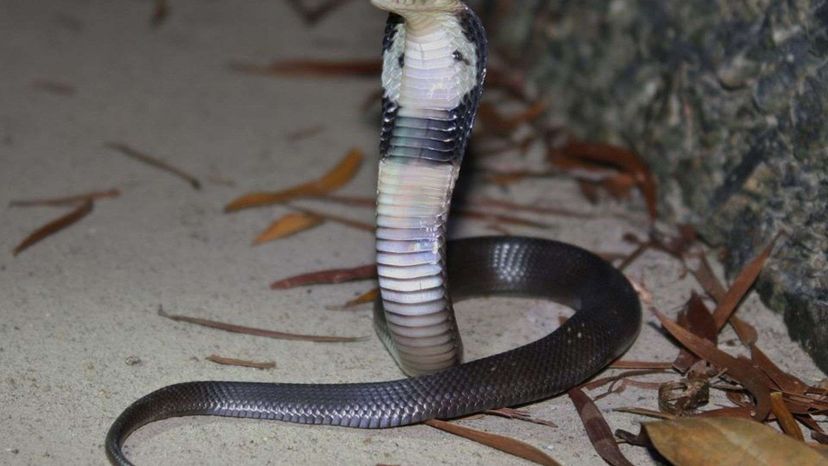
The Chinese Cobra is a very alert snake variety. If confronted, it will raise its forebody and spread its hood, ready to strike. The younger snakes tend to be more aggressive than adults, as they are unfamiliar with their surroundings. The Chinese Cobra avoids human contact at all costs.
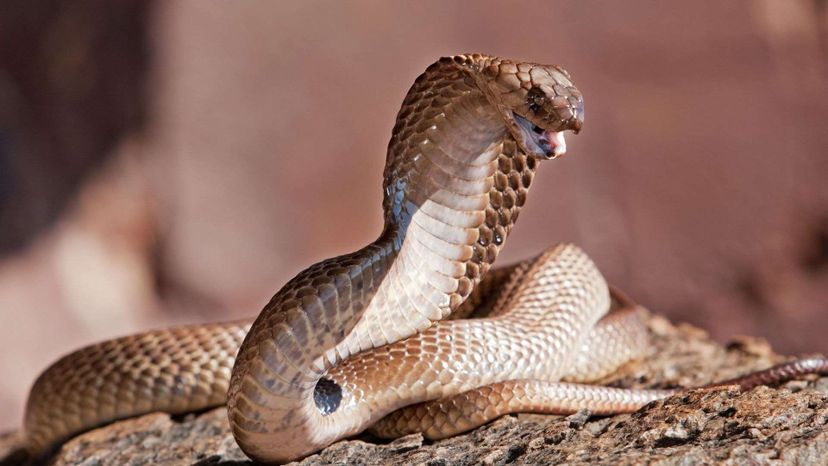
The Cape Cobra produces venom more powerful than all other African cobra species. Thus, it is the most dangerous snake in Africa. A bite to an adult human brings a 60% chance of death if no antivenom is applied.
Advertisement
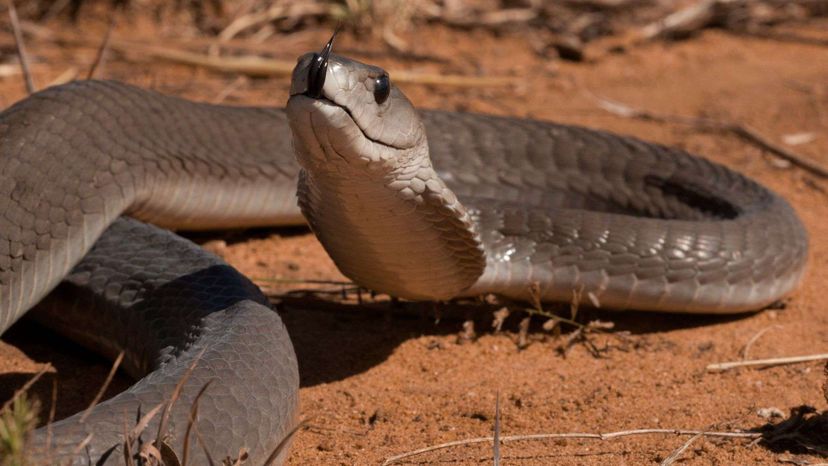
Black Mambas reside in South and East Africa's savannas, rocky hills and open woodlands. They slither faster than most people can run-part of the reason they are so deadly!
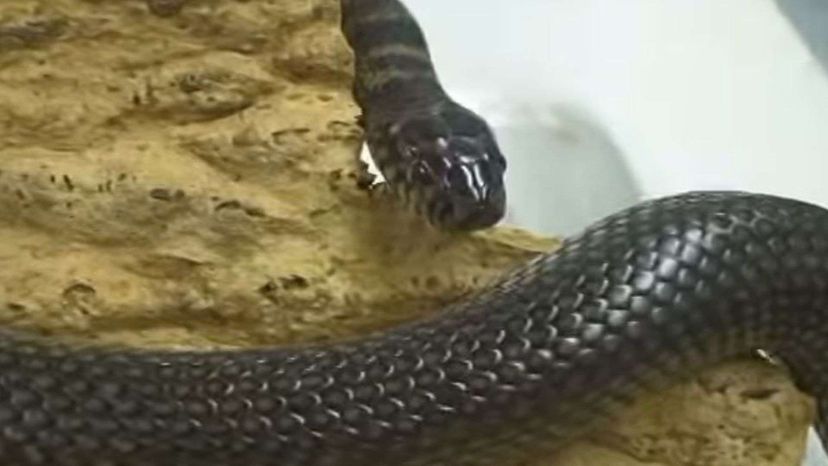
The Congo Water Cobra is one of only two species of water cobras in the world. This aquatic species rarely ever wanders far from its home in the water, and it is rarely seen by humans. It is regarded as one of the most secretive cobras on the planet.
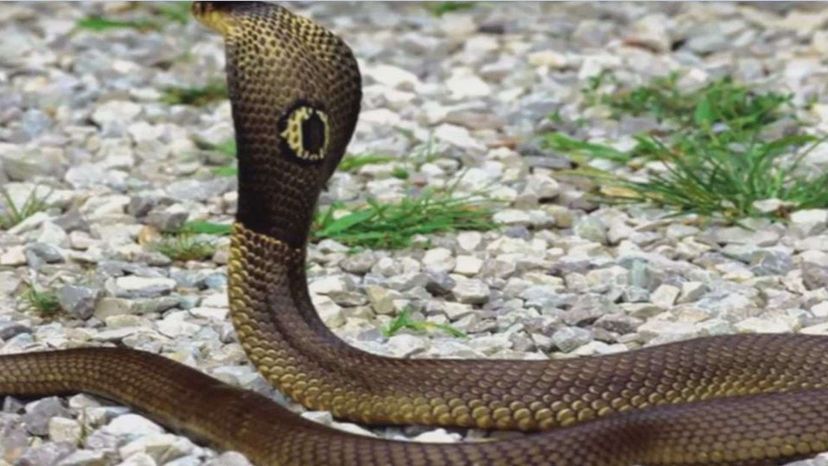
The Northern Philippine Cobra is capable of spitting venom up to three meters! Its venom has the deadly ability to interrupt the transmission of nerve signals and to cripple the respiratory system.
Advertisement
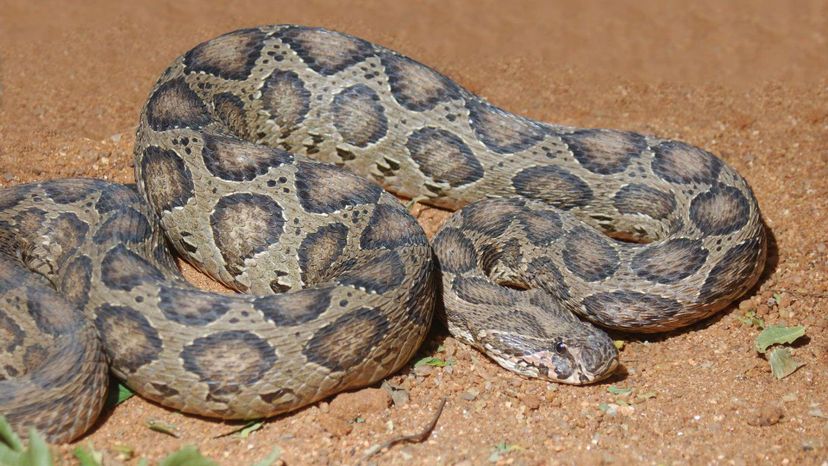
This species was named after Patrick Russell, the Scottish herpetologist that first described many of the Indian snakes. The Russell's Viper is a member of the "big four" snakes of India. Humans kill this snake for its skin and meat.
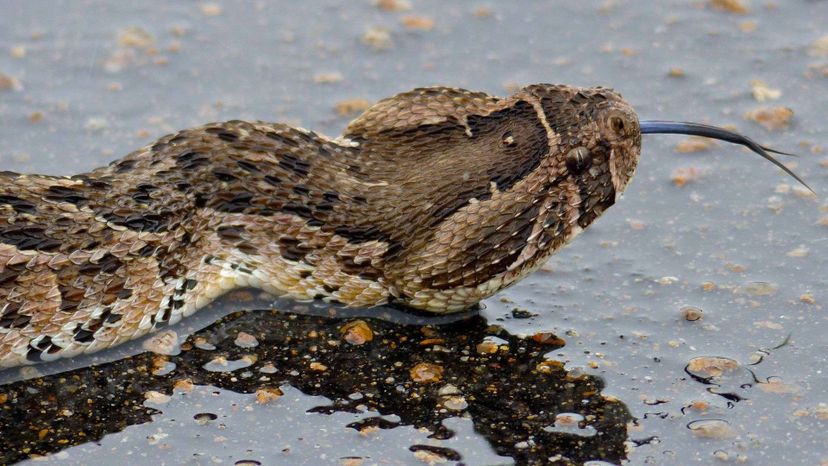
An untreated Death Adder bite is one of the most dangerous in the world. You can die within 6 hours if the bite is not properly treated. This vicious creature is known to kill other snakes, as well.
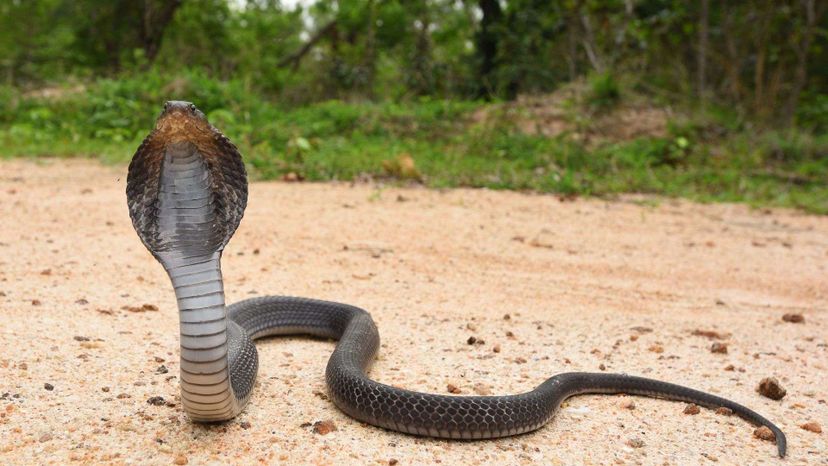
Cobras spit by squeezing their venom glands, which pushes the venom into the fangs and out of the front holes. Spitting Cobras have larger holes in their fangs than other venomous snakes, which squirt rather than ooze. Their venom can squirt 6 to 8 feet!
Advertisement
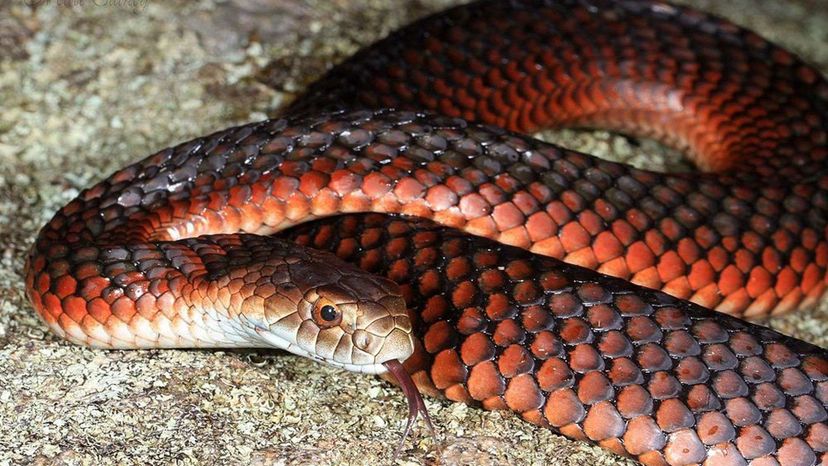
The Lowlands Copperhead is the only venomous snake found above the snow line. It is active in weather that would be considered too cold for most snakes. Copperheads love being around all types of water - dams, soaks, canals, drainage ditches, and along the verges of roads.
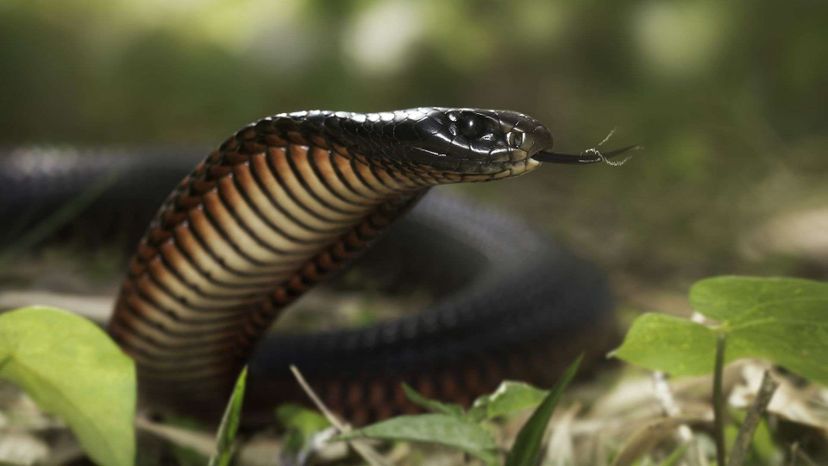
The Red-Bellied Black Snake belongs to the Elapid family of snakes, which means it has fangs located in the front of its mouth. The fangs on this snake are relatively small.
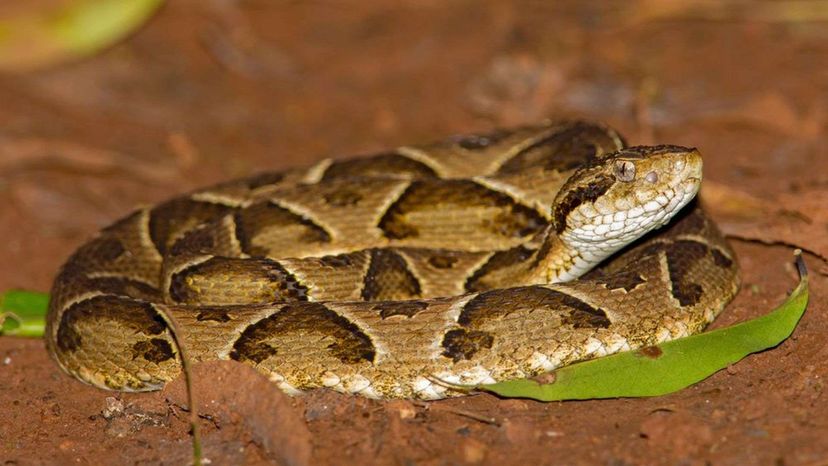
The Jararaca is distinguished by a small sensory pit between each eye and nostril. It has a broad triangular head and is usually about 4 to 7 feet long. It is gray or brown, marked by a series of black-edged diamonds, often bordered in a lighter color. Its bite can be fatal to humans.
Advertisement
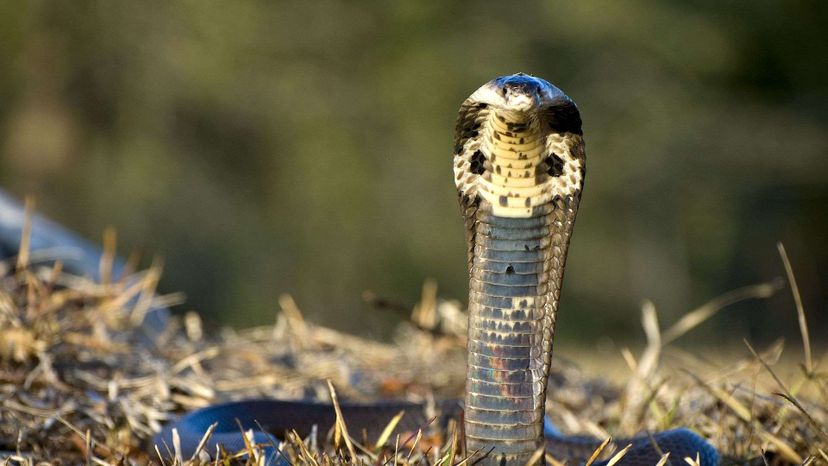
Monocled cobras get their name from their O-shape hood pattern, also known as the monocellate hood pattern. They live with rodents (and eat them) in their burrows.
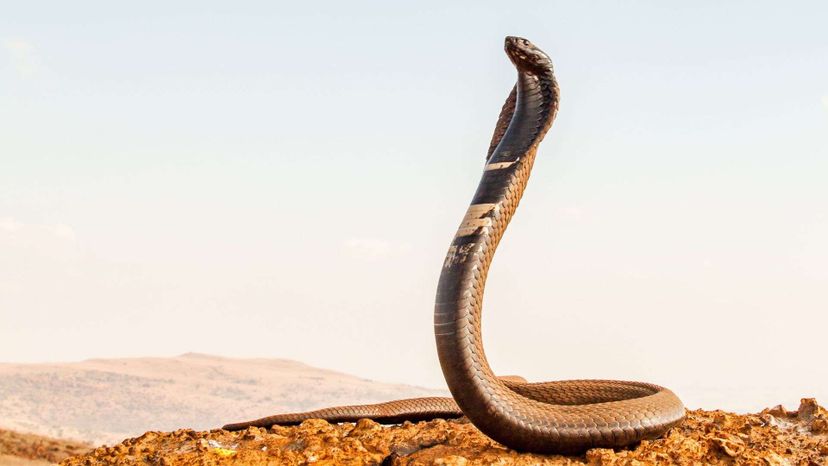
Rinkhals are also called ringhals, which derives from the Dutch "ring hals,†meaning "ringed neck," because of the light color crossbands usually found around the throat. They are sometimes also called Ring-Necked Spitting Cobras for the same reason.
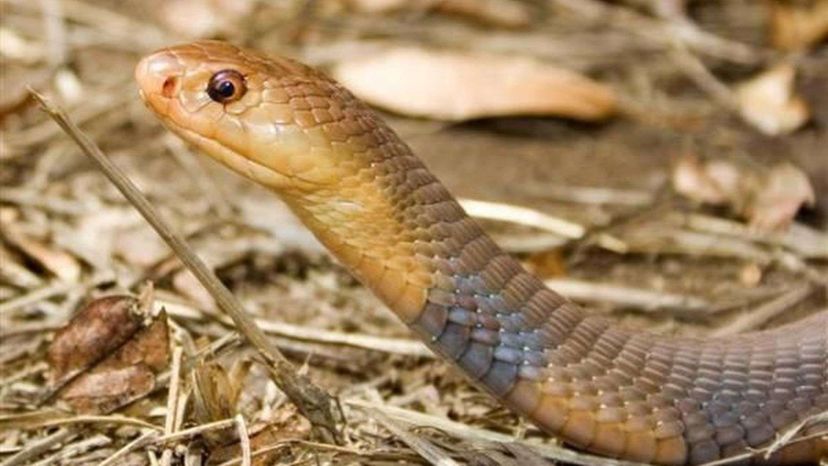
Found in West Africa, the Mali Cobra is a species of spitting cobra. They have the ability to raise their upper body a third of their length off the ground.
Advertisement
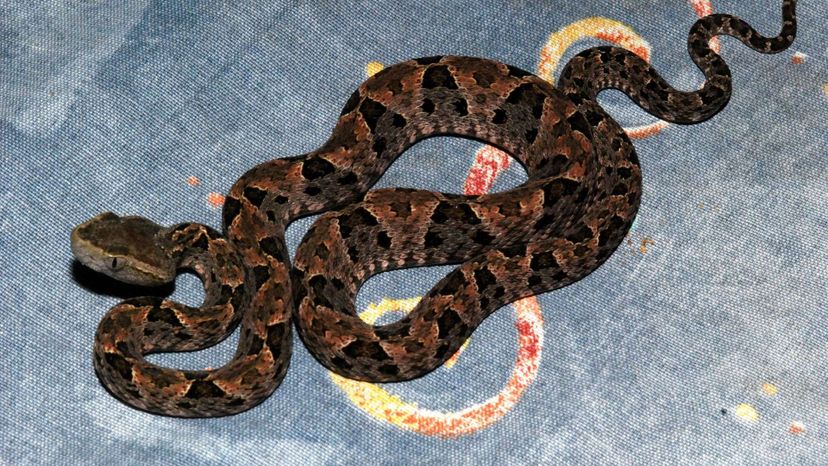
In Costa Rica, the Terciopelo is the most feared snake, as they are responsible for almost half of all snake bites and one-third of all hospitalizations. They can be hard to see in their natural habitat, which makes them even more feared.
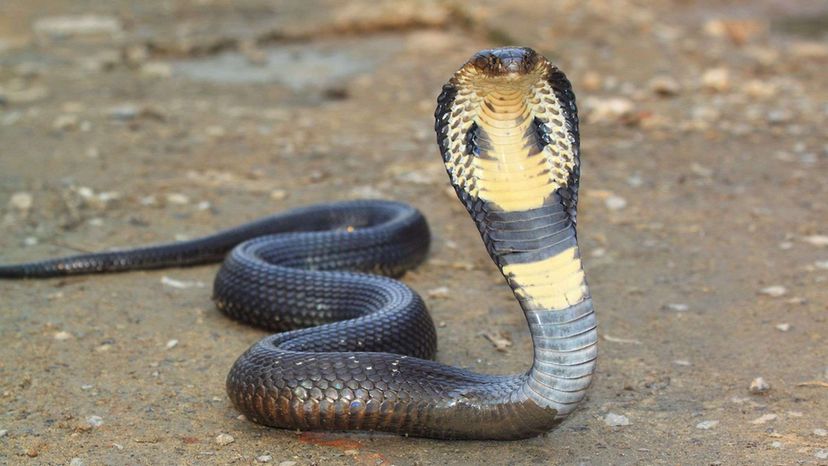
The Forest Cobra is the second largest species of Cobra on earth, measuring upwards of 7 feet! When in captivity, they become very aggressive and dominating, perhaps due to their large size.